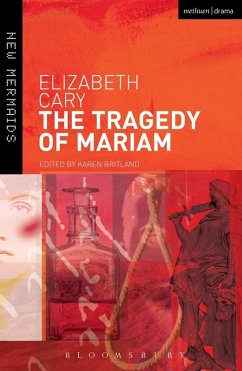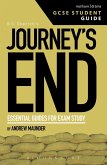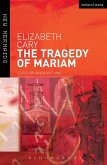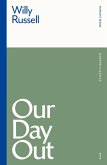The Tragedy of Mariam, the Fair Queen of Jewry is a Jacobean closet drama by Elizabeth Tanfield Cary. First published in 1613, it was the first work by a woman to be published under her real name. Never performed during Cary's lifetime, and apparently never intended for performance, the Senecan revenge tragedy tells the story of Mariam, the second wife of Herod. The play exposes and explores the themes of sex, divorce, betrayal, murder, and Jewish society under Herod's tyrannous rule.
The wide-ranging introduction discusses the play in the context of closet drama, female dramatists and feminist criticism, providing an ideal edition for study and teaching. This is a major edition of an unusual and provocative play not widely available elsewhere.
The wide-ranging introduction discusses the play in the context of closet drama, female dramatists and feminist criticism, providing an ideal edition for study and teaching. This is a major edition of an unusual and provocative play not widely available elsewhere.









